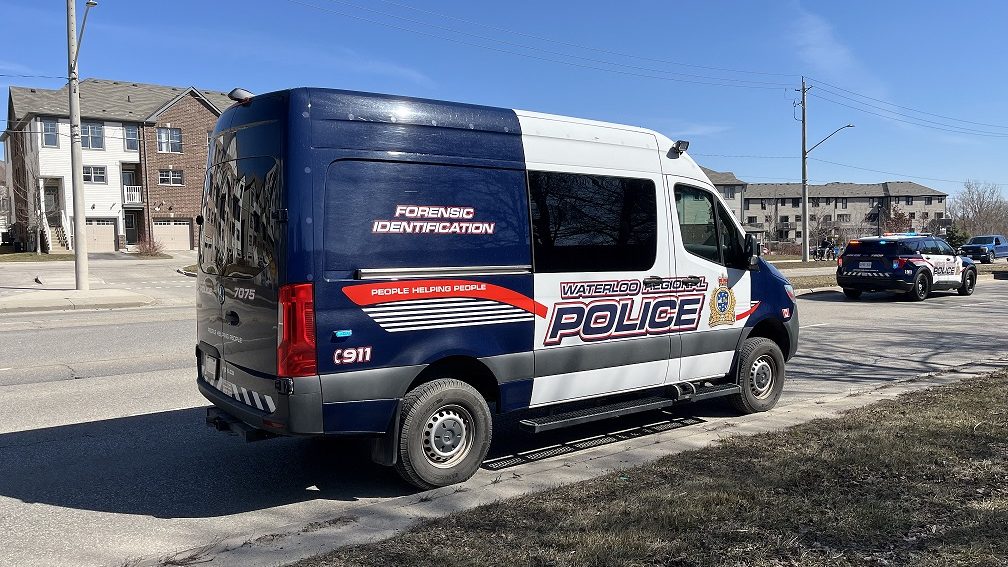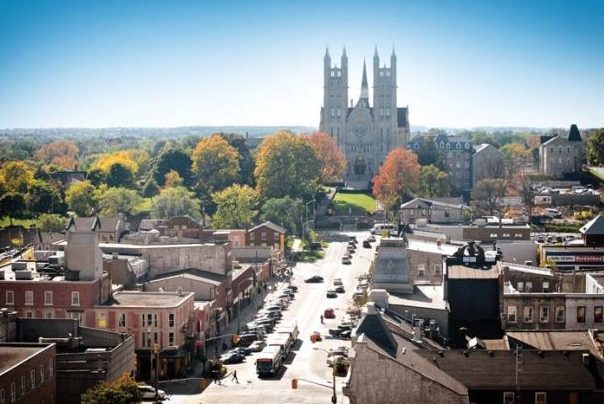Newfoundland and Labrador premier considers seat count review as election looms
Posted Jan 12, 2015 04:07:49 PM.
This article is more than 5 years old.
ST. JOHN’S, N.L. – Newfoundland and Labrador’s premier is considering launching a review of the 48-seat legislature size months before he must call an election.
A spokeswoman for Paul Davis said Monday that he is considering reviewing the matter after media reports that he planned to cut eight representatives.
Heather MacLean said in an email the prospect of reducing the number of seats would be studied by a government-appointed panel if the review proceeds. A decision is expected later this week.
Members of the electoral boundaries commission would assess the number of provincial politicians, MacLean said.
Davis under provincial law must call an election within a year of the date he was sworn in as premier last Sept. 26. He was not available for an interview Monday.
The number of politicians in the province led by the Progressive Conservatives in majority power since 2003 has come up repeatedly. Members of the legislature in St. John’s represent fewer constituents than in most other parts of Canada.
A 2011 comparison by the National School of Public Administration in Quebec City found that Newfoundland and Labrador’s 48 members each represent on average 10,638 constituents. That’s the lowest among all provinces except for P.E.I. where the average was 5,404.
Liberal Opposition Leader Dwight Ball has repeatedly called for legislature cuts to 40 seats along with a smaller and more efficient cabinet.
But Ball said Monday any such move should be done in keeping with a legislated 10-year review by the electoral boundaries commission already set for next year. The months-long process weighs population changes and includes public consultations, all-party representation and a report that is tabled in the house of assembly.
The commission chairperson is appointed by the chief justice of Newfoundland and Labrador while the Speaker names other members.
“The whole objective here is to take the politics out of these decisions,” Ball said. “If the premier would come in and just unilaterally make a decision on the realignment of districts, it would be hard to argue that there would not be some bias there.”
NDP Leader Lorraine Michael said she is also open to reducing the number of seats. But she said the electoral boundaries commission should do its boundary work as mandated first, as a basis for any decision on seat counts.
Alternatively, specific recommendations on the ideal number of legislature members could be added to the panel’s objectives, Michael said.
“I think it has to be a well thought out process that does not in any way affect the democratic process in terms of representation of people, and people having their voice in the house of assembly.”
Kelly Blidook, a political scientist at Memorial University of Newfoundland, cautioned that smaller government does not necessarily mean better results. Having fewer representatives can erode expertise, scrutiny and accountability, he said.
“If you want a small number of people making your laws, you’re going to get what you pay for,” he said.
“If you distrust politicians, then do you really want less of them holding more power?”
Blidook said any recommendations should come from an independent commission.
“When it comes down to changing the rules to a game, you can’t let the players who are in different positions and (have) different advantages making those rules.”
The Progressive Conservatives hold 29 seats in the house of assembly compared to 16 Liberals and three New Democrats.
Follow @suebailey on Twitter.










